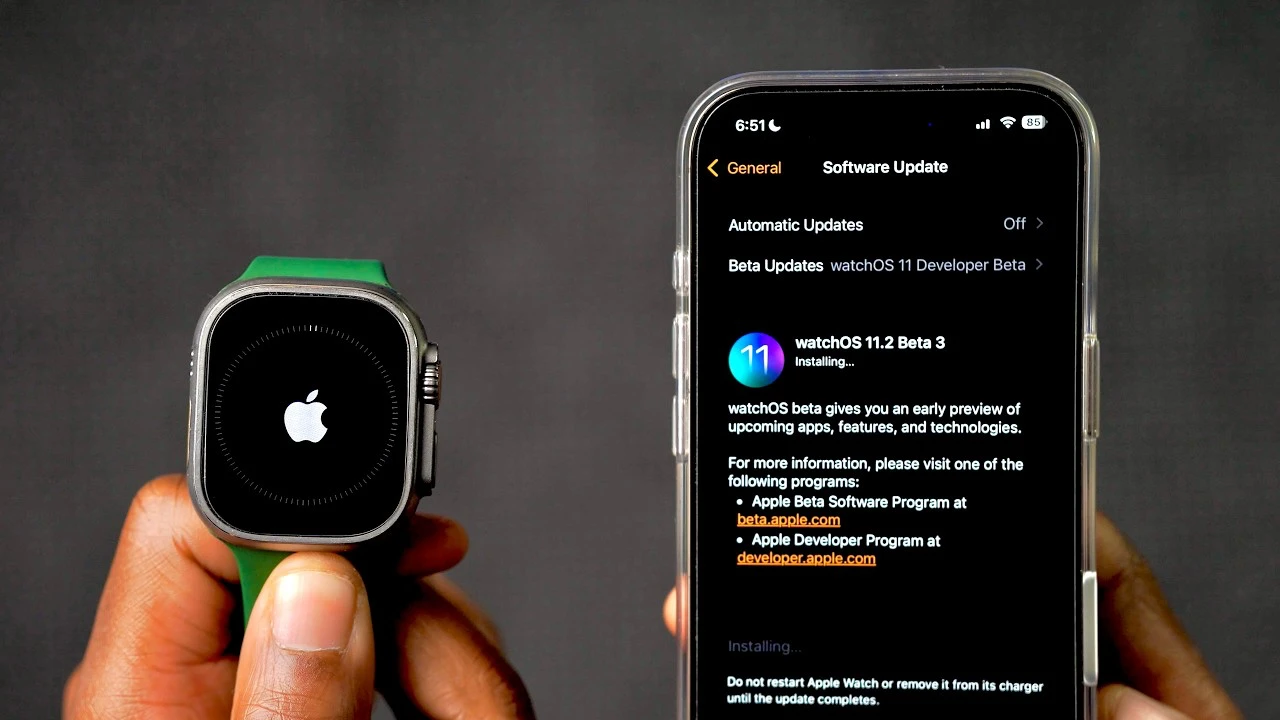
The Justice Department wants Google to put its Chrome browser on the auction block. Justice lawyers late Wednesday night asked the federal judge overseeing a historic antitrust case against Google to order the tech giant to sell its popular Chrome browser , something that could dramatically shake up the world of online search. The agency is also asking that Google stop making third-party payments to phone makers like Apple that ensure its default search position.
And finally, Justice attorneys are asking Google either divest from its Android phones business, or have the court supervise its Android division to police any possible instances of Google using Android to kneecap competitors. "The playing field is not level because of Google's conduct, and Google's quality reflects the ill-gotten gains of an advantage illegally acquired," the DOJ wrote in a proposed final judgment. Around 90% of searches are done with Google, and Chrome is by far the most popular web browser.
The tech company's highly profitable advertising business is powered by data it harvests from user activity on Chrome and Google search. Pushing Google to sell Chrome, according to Justice Department officials, will split the company's browser from its search engine and create more competition in the online search market. Google has long opposed the government's proposal, calling it a "radical agenda," and saying a Chrome sell-off carries "enormous risks" to the tech industry.
"Skewing investment, distorting incentives, hobbling emerging business models — all at precisely the moment that we need to encourage investment, new business models, and American technological leadership," wrote Lee-Anne Mulholland, Google's vice president of regulatory affairs, in a blog post last month. The Justice Department's new filing on Wednesday follows a ruling in August that Google has preserved the dominance of its crown jewel search engine by acting as an illegal monopoly. It did this, according to the judge's ruling, by unfairly boxing out search engine rivals to enrich itself.
Google achieved this by hammering out expensive deals with browsers and phone-makers to ensure it had a default spot as the go-to search browser, putting other search engines at a disadvantage. The decision was heralded as a landmark win for the Justice Department, which has been escalating its pressure on tech companies in recent years. If the court approves the Justice Department's request, it would mark the first time a corporation was forced to break up since 1982, when AT&T had to spin off its local telephone subsidiaries to allow for greater industry competition.
In 2001, the Justice Department unsuccessfully attempted to break up Microsoft. Now, federal judge in the District of Columbia Amit Mehta must weigh whether ordering Google to offload Chrome is the best way to inject more competition into the online search market. In his August opinion , Mehta wrote that Google paying billions of dollars to smartphone makers like Apple to become the default search engine on phones fortified its sway over online search.
"Google's dominance has gone unchallenged for well over a decade," wrote Mehta, noting that "Google also has a major, largely unseen advantage over its rivals: default distribution." Mehta has scheduled a two-week hearing in April in Washington focused on what changes Google must make to remedy its position as an illegal monopoly. A decision is expected sometime in 2025.
.














